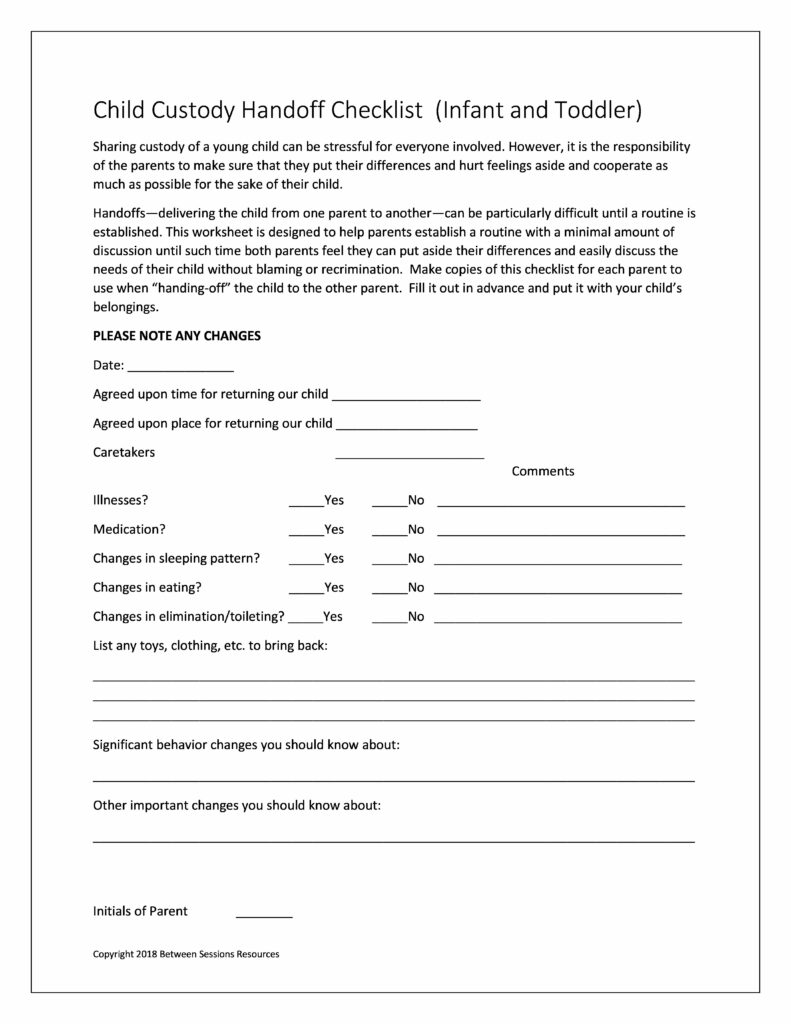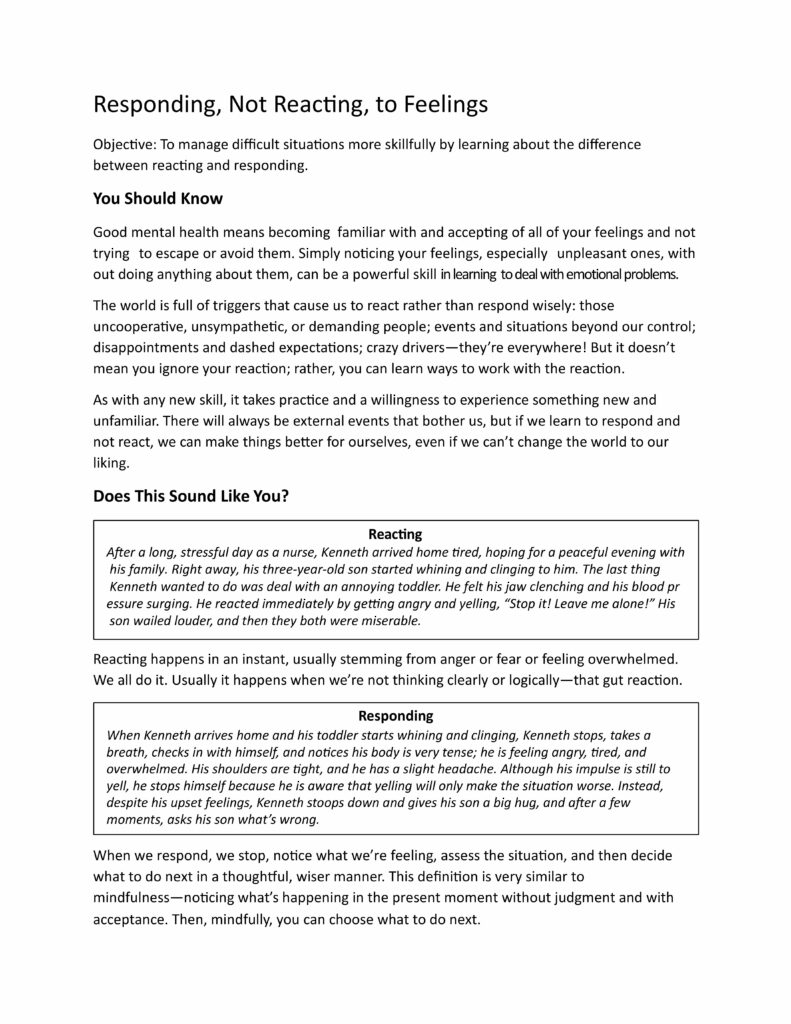Studies tell us that when professionals prescribe therapeutic homework, clients report significantly better outcomes. Our worksheets are derived from evidence-based therapies, and they are designed by experienced professionals. Use the navigation links on the left of this page to view tools in a specific category. Or use the search box at the top of this page to find the exact tool you are looking for.
To modify the tools, click the ‘Send to Client’ button by each tool to open the Psychology Forms Filler. You can then edit the tool as you see fit and either print it out or send it to a client to be filled out online. Click here for a tutorial on using the Psychology Forms Filler.
If you can’t find what you are looking for on this site, please let us know by
clicking here and our team of writers, graphic artists, and therapists will custom-design it for you.
This worksheet is designed as an aid to parents to help them give effective instructions to their children. (positive discipline, behavior problems, ADHD, ODD,_0718)
Handoffs—delivering the child from one parent to another—can be particularly difficult until a routine is established. This worksheet is designed to help parents establish a routine with a minimal amount of discussion until such time both parents feel they can put aside their differences and easily discuss the needs of their child without blame or recrimination.
This worksheet can help people understand the mental health benefits of owning a pet or even being around pets. The worksheet will help them decide if owning a a pet is a commitment they want to make. (0918)
This worksheet is designed to help people respond to difficult situations in a positive way rather than mindlessly reacting in ways that might be self-destructive or destructive to others. (0718, anger control, addictions, impulsivity)
Researchers tell us that it is easier to recall negative events than positive ones. This tendency can exacerbate psychological problems like anxiety and depression. This worksheet is designed to help you remember your important successes and how you achieved them. (positive psychology, values, self-esteem, 0716)
This worksheet is designed to help people determine how their worrying is affecting their lives. (anxiety, generalized anxiety disorder, GAD, worry, 0718)
This worksheet is designed to help people explore alternative actions in order to decrease unhealthy habits around eating. (eating disorders, coping skills, 0718)
This worksheet is designed to help people with Bulimia identify why they vomit and develop a plan to reduce and eventually stop self-induced vomiting. (bulimia nervosa, binging, purging, 0618)
This worksheet is designed to help people who have an eating disorders monitor and record their food intake and problematic eating-related behaviors. (anorexia, bulimia, binge-eating, 0618)
This worksheet is designed to couples be more aware of using their body language to connect with their partners in intimate conversations. (couples therapy, marriage therapy, 0618)










